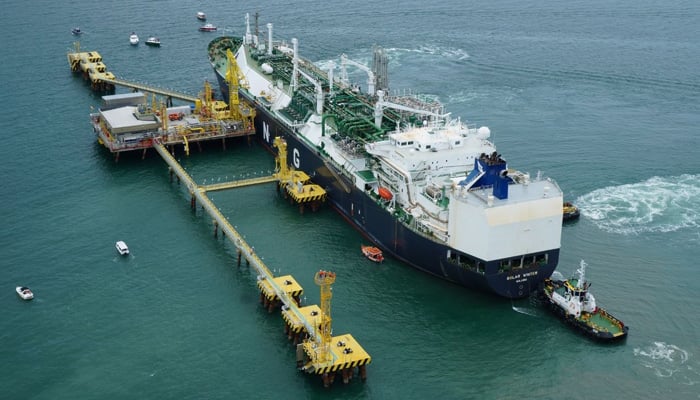
CCP approves two mergers in order to increase foreign investment
ISLAMABAD: The Competition Commission of Pakistan (CCP) has given the go-ahead for two mergers that could open Pakistan up to FDI and perhaps lessen the country’s gas shortage.
One of these mergers has a business from the United Arab Emirates acquiring two organisations in charge of running an LNG terminal as well as the import, storage, and distribution of LNG and re-gasified LNG in Pakistan.
The merger, which involves the UAE-based Bison Energy FZCO purchasing a complete 100% ownership in Tabeer Energy (Private) Limited and Tabeer Energy Marketing (Private) Limited (TEMPL), has been carefully evaluated and processed by the CCP.
It finished the Phase 1 competition evaluations that were carried out in accordance with Section 11 of the 2010 Competition Act. The proposed transactions did not give rise to any concerns about competition, hence
Due to the merger transactions, Diamond Gas International Japan Co Limited has sold all of its shares in Tabeer Energy (Private) Limited and Tabeer Energy Marketing (Private) Limited to Bison Energy FZCO. Foreign direct investment from the deal will help Pakistan overcome its gas problems.
Launch of a tender for LNG spot cargoes
Pakistan launched a new LNG spot cargo tender earlier this week to meet its winter demand after failing to obtain supplies from the global market for more than a year due to exorbitant prices and limited supply.
The state-owned Pakistan LNG Limited (PLL) announced on Wednesday that it was looking for bids from overseas suppliers for two LNG cargoes, each weighing 140,000 cubic metres, to be delivered to Port Qasim in December.
The tender document specifies that the delivery windows are December 7-8 and December 13-14. PLL is tasked with acquiring LNG on behalf of the federal government in order to satisfy the nation’s gas needs through two LNG import terminals with exclusive contracts for distribution to the public sector.
Since the start of the conflict between Ukraine and Russia in April 2023, Pakistan has struggled to deliver from the uncertain spot market. Previous attempts to purchase LNG were unsuccessful, mostly as a result of the suppliers’ tepid response. A country already struggling with persistent electricity shortages has added another headache: the growing fear of suppliers about the government’s credit risk.
For Pakistan, where natural gas supplies over a third of its energy needs, LNG is essential.




